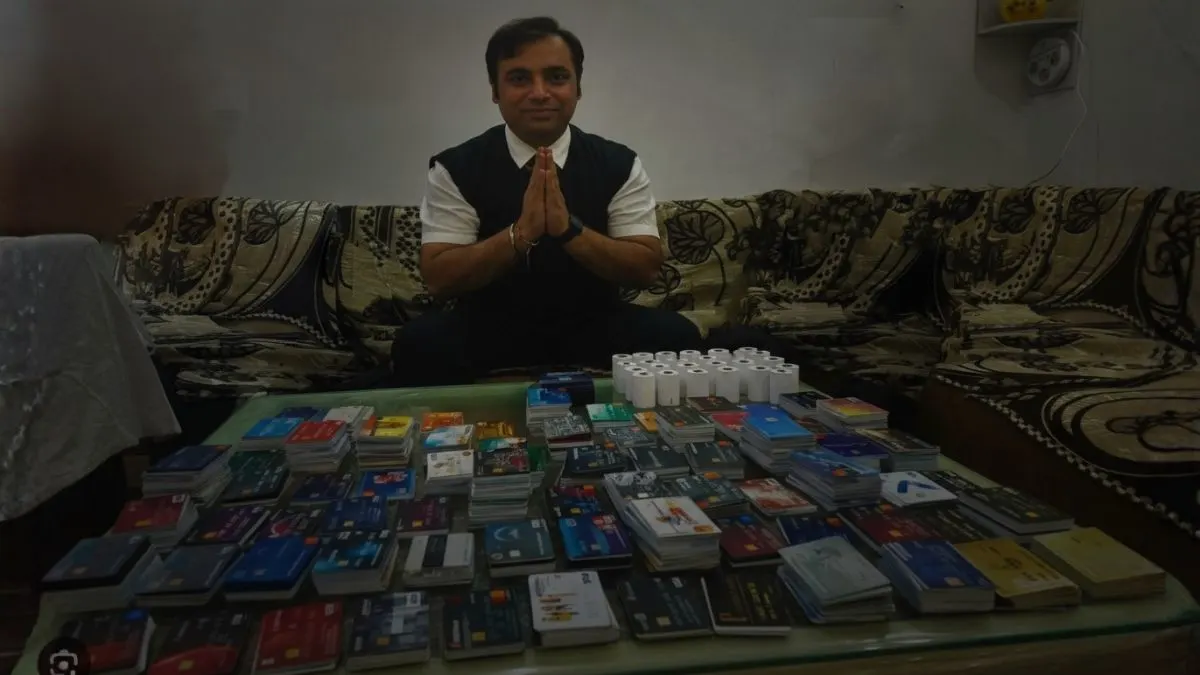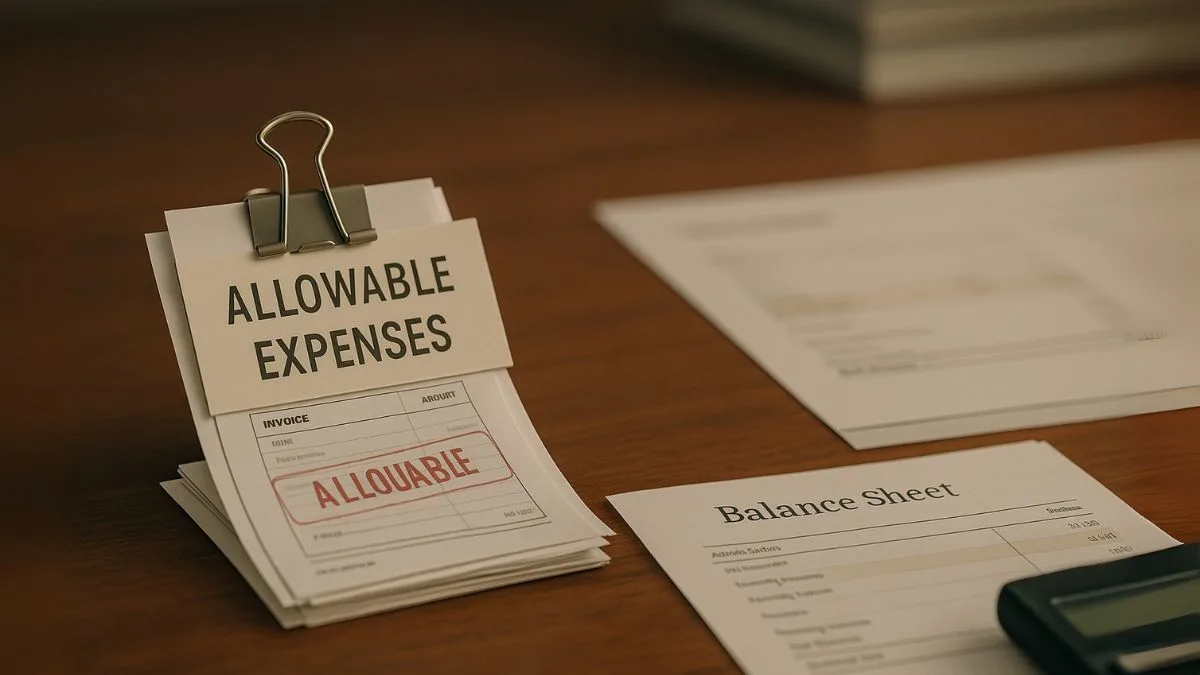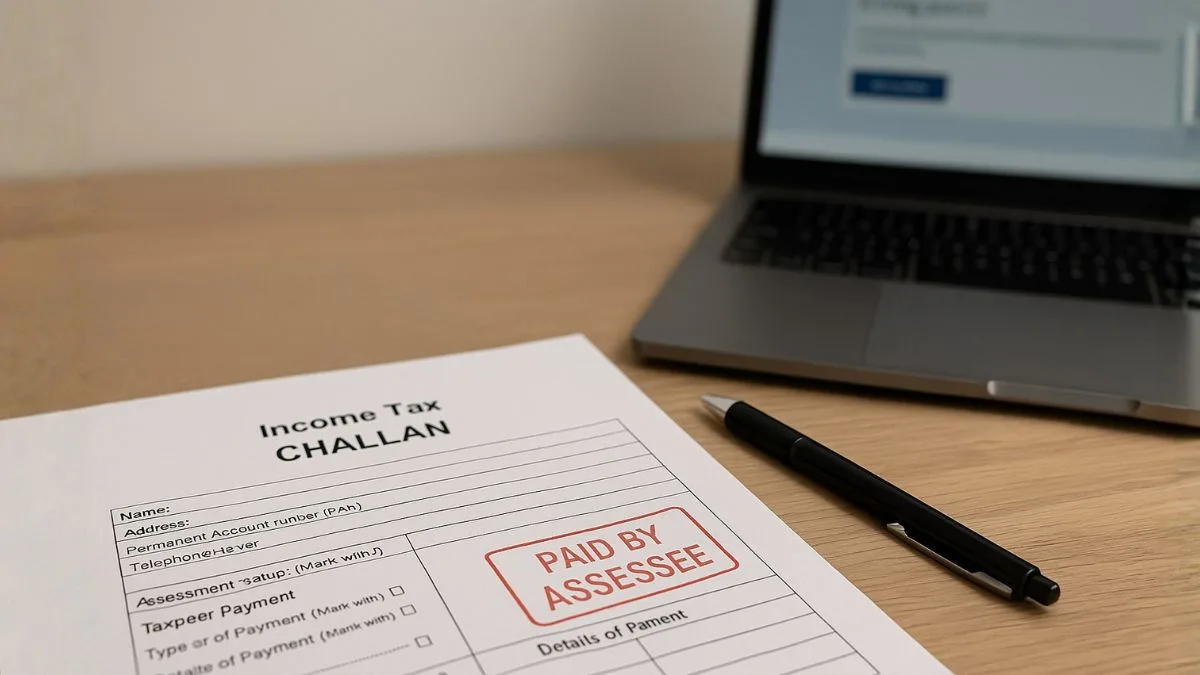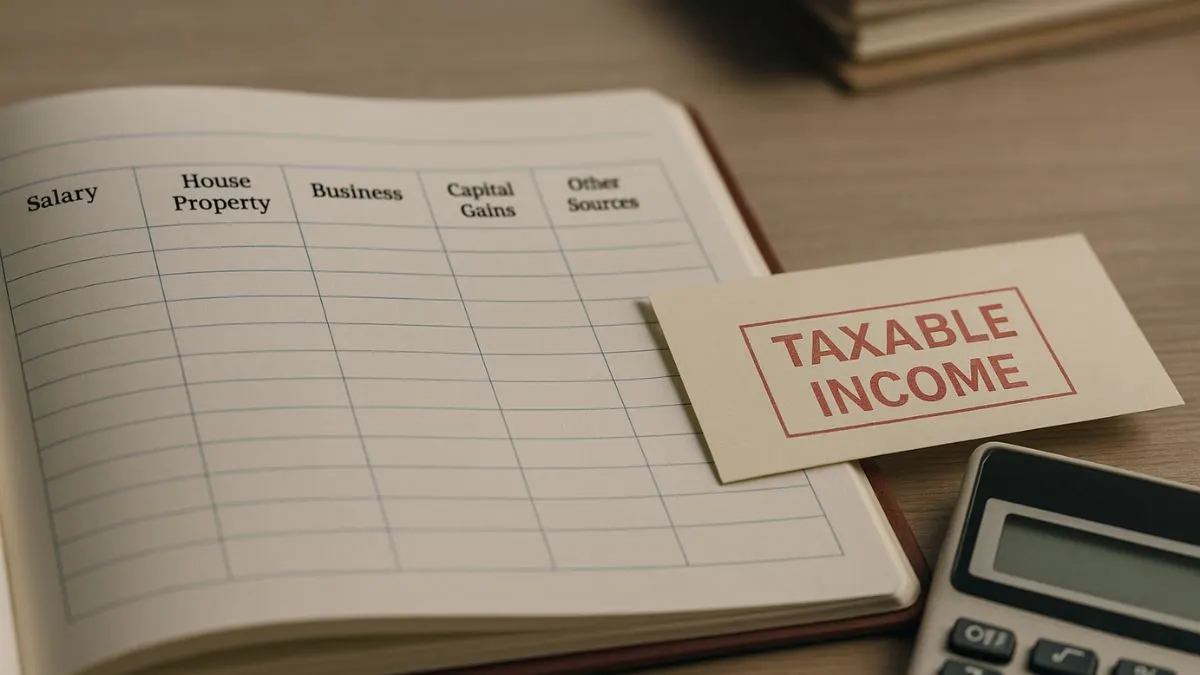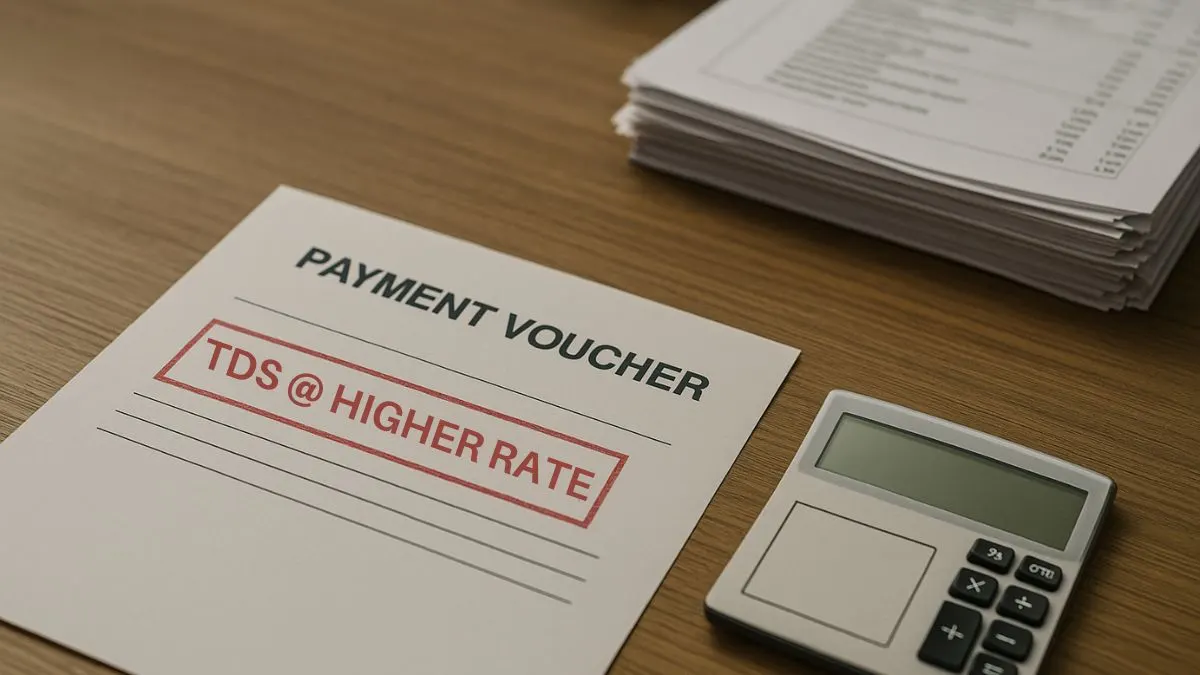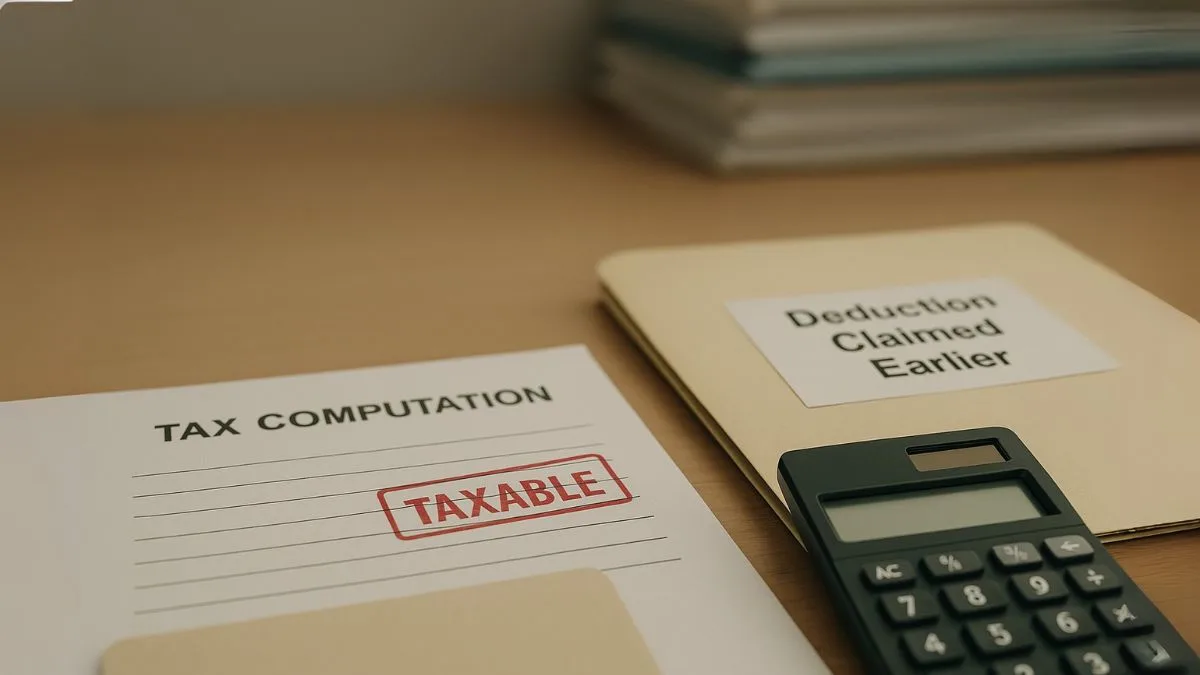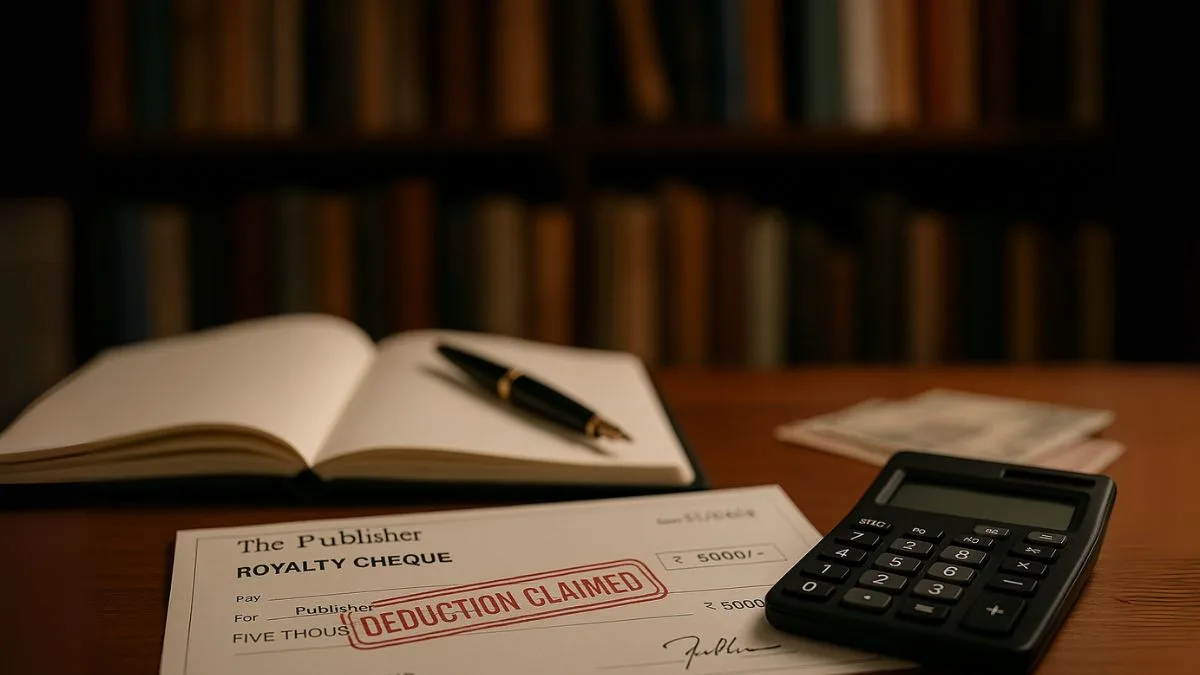
It is an admitted position under the Indian Income Tax Act that except for innovations, intellectual and creative work should be remunerated with minimal tax. Accordingly, Section 80QQB was inserted by the Parliament to allow deduction of income in respect of royalty on books which are related with literature, art or science.
Royalty income is not like a paycheck or business income – it varies and frequently comes in irregularly. So as to promote professional writing and publishing in India, the law permits a deduction to the extent of ₹ 3 lakh being incurred towards eligible authors against their taxable income.
Simply put, a portion of book-sale or copyright-transfer generated royalty by an author is entitled to preferential tax treatment by the Indian tax authorities only if certain conditions are met.
Legal Framework and Applicability
Section 80QQB comes under CHAPTER VI-A (Deductions in respect of certain incomes). It relates to an author of any other book than a textbook only in so far as it makes provision for deduction in respect of royalty income.
Eligible Assessee
- Assessee should be a resident individual.
- Non-residents and HUFs are not eligible for this deduction.
- A book can only be nominated by its author or co-author.
Eligible Books
The term “book” includes literary, artistic, or scientific works. It does not include textbooks, guides, or other publications that are used primarily for educational or commercial training.
As such, creative & research-oriented works published by established publishers come under its purview, not academic course books.
Conditions for Claiming Deduction
To be eligible to avail the deduction under Section 80QQB, the following conditions are laid down:
- The book should have been written by the assessee & printed & published in India."
- The assessee should be a resident individual in the previous year.
- Royalties should be generated from publication of a book or sale of rights to a publisher.
- In case of foreign royalty, the income needs to get remitted in India by way of convertible foreign exchange within six months from the end of the previous year (or as may be extended by RBI).
- A certificate in Form 10CCD from the publisher specifying the amount of royalty paid is to be provided by the assessee.
If not so followed, the deduction may be disallowed in its entirety.
Also Read: Earning Abroad from Royalties or Technical Services? Here’s the Tax Rule You Can’t Ignore
Quantum and Computation of Deduction
Calculation of royalty income as per Section 80QQB – there are two different ways of computation.
|
Particulars |
Quantum of Deduction |
|
Lump-sum royalty payments |
15% on R/Wa of value realised from sale of the Books before allowing expenses to the Publisher, or net royalty actually received. |
|
Royalty received periodically |
Royalty accruing in the previous year—subject to a maximum of ₹ 3,00,000 actually received during the year. |
Thus, the cap on deduction under this section is ₹ 3 lakhs per FY irrespective of the aggregate amount of royalties received.
Illustrative Example
Mr. Rohit Verma, Delhi-based author, published a fictional novel through a registered Indian publisher.
- Royalty income in FY 2024–25: ₹5 lakh
- Publisher issued Form 10CCD supporting payment against royalty clause.
Computation:
|
Particulars |
Amount (₹) |
|
Total royalty income |
5,00,000 |
|
Deduction under Section 80QQB |
3,00,000 |
|
Taxable royalty income |
2,00,000 |
So ₹3 lakhs would be reduced from his gross total income, & only ₹2 lakhs would be taxed under “Income from Other Sources”.
Foreign Royalty and Repatriation – CBDT Clarifications (2025)
In reference to the CBDT Circular 2025, it was reiterated that:
- Only such royalty income from publishers outside India, as is reported to the Indian Government within six months of the year end, and repatriated in convertible foreign exchange, shall be eligible for relief under this section.
- FIRC/bank credit proof must be attached with the return."
- If an author receives advances in foreign currency for works to be published later, deduction can be claimed in the year it is received and credited in India.
This aligns Section 80QQB under FEMA & RBI regulations.
Also Read: Taxation Rules for Non-Residents on Dividends, Interest, Royalties & Fees
Section 80QQB vs Section 80RRB
|
Particular |
Section 80QQB (Authors) |
Section 80RRB (Patent Holders) |
|
Eligible Person |
Individual resident author |
Individual resident patentee |
|
Eligible Work |
Literary, artistic or scientific work |
Patent registered under The Patents Act 1970 |
|
Source of Income |
Publisher or book sales royalties |
Royalty from use of patent |
|
Deduction Limit |
₹3,00,000 or actual income, whichever is lower |
₹3,00,000 or actual earnings, whichever is less |
|
Certificate Required |
Form 10CCD (publisher) |
Form 10CCE (patent controller) |
|
Condition for Foreign Income |
Must be brought into India in convertible foreign exchange within 6 months |
Same rule applies |
This distinction shows that the law values creative & technological innovation differently.
Common Mistakes and Practical Tips
Many writers lose their deductions due to procedural lapses.
Key mistakes include:
- Textbook royalties – not eligible.
- Missing Form 10CCD – deduction can be denied.
- Foreign royalty not repatriated – payment must reach India within time.
- Wrong head of income – should be under ‘Other Sources’, not business income unless running publishing as a business.
- Missing agreements or records – always preserve publisher contracts, royalty statements, and bank credit proofs.
💡 Pro Tip: If you receive both domestic & foreign royalties, maintain separate schedules for clarity.
New Case Laws and CBDT Circulars
- CBDT Circular No. 2/2025 clarified that deduction must be based on actual receipt, not speculative or advance royalties.
- ITAT Delhi Bench (2024) held that self-published authors can also claim Section 80QQB if ISBN registration & sales records exist.
- CBDT also confirmed digital royalties (e-books) transmitted through traceable payment systems qualify as well.
Frequently Asked Questions (FAQs)
Q1. What is the limit under Section 80QQB?
Up to ₹3,00,000 or actual royalty received, whichever is lower.
Q2. Can non-citizen royalties be deducted?
Yes, provided income is repatriated to India in convertible foreign exchange within six months (or extended by RBI).
Q3. Are textbook authors eligible?
No, textbooks & reference guides are excluded."
Q4. Is Form 10CCD mandatory?
Yes, it is mandatory to substantiate the deduction.
Q5. Can joint authors claim this deduction?
Yes, the ₹3 lakh cap applies per author based on their share.
Q6. Does TDS affect deduction?
No, deduction is calculated on gross royalty income before TDS.
Also Read: Tax Benefits on Charitable Donations
Key Takeaways
- Section 80QQB provides deduction on royalty income of authors.
- Applies only to resident individuals.
- Maximum benefit: ₹3,00,000 per year.
- Requires Form 10CCD, FIRC, & proper documentation.
- Foreign royalty must be repatriated within 6 months.
- Digital royalties are now included post-2025 clarification.
Conclusion
Royalty income is the lifeblood of authors, rewarding their intellectual labour. Section 80QQB honours this by providing tax deduction up to ₹3 lakhs. But procedural precision is key — a missing certificate or delayed repatriation can nullify your claim.
👉 Want professional help to claim your 80QQB deduction or file your return accurately? Visit Callmyca.com and talk to our tax experts — save both time & compliance headaches while ensuring your royalty income is taxed right.


